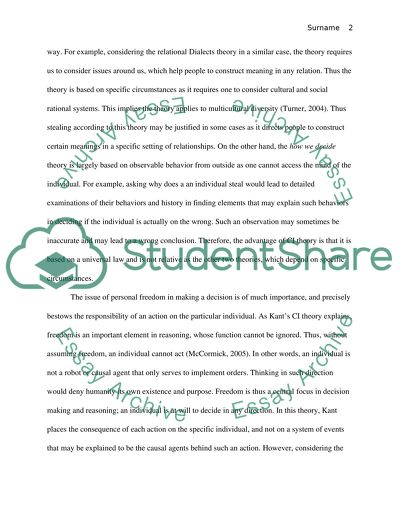Cite this document
(“Argument Essay Example | Topics and Well Written Essays - 1250 words”, n.d.)
Argument Essay Example | Topics and Well Written Essays - 1250 words. Retrieved from https://studentshare.org/english/1460448-argument
Argument Essay Example | Topics and Well Written Essays - 1250 words. Retrieved from https://studentshare.org/english/1460448-argument
(Argument Essay Example | Topics and Well Written Essays - 1250 Words)
Argument Essay Example | Topics and Well Written Essays - 1250 Words. https://studentshare.org/english/1460448-argument.
Argument Essay Example | Topics and Well Written Essays - 1250 Words. https://studentshare.org/english/1460448-argument.
“Argument Essay Example | Topics and Well Written Essays - 1250 Words”, n.d. https://studentshare.org/english/1460448-argument.


